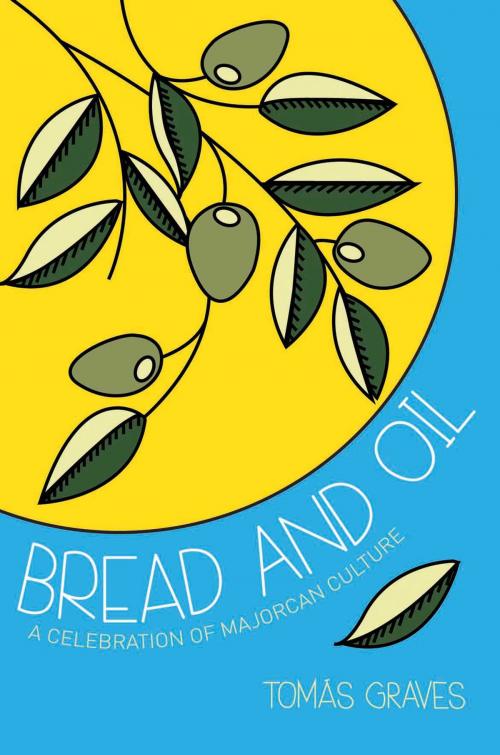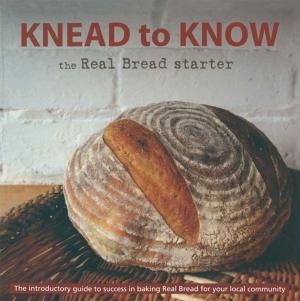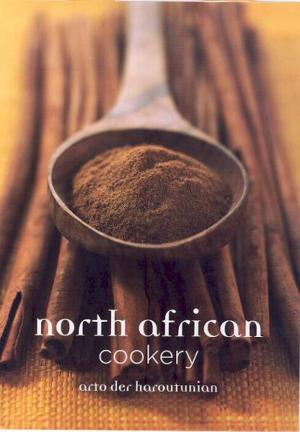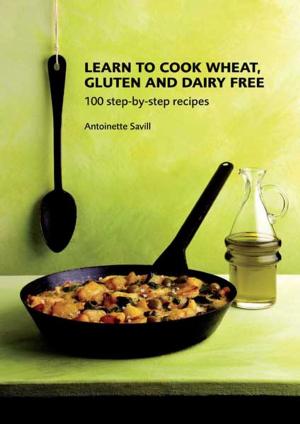| Author: | Tomas Graves | ISBN: | 9781908117724 |
| Publisher: | Grub Street Cookery | Publication: | April 14, 2008 |
| Imprint: | Grub Street Cookery | Language: | English |
| Author: | Tomas Graves |
| ISBN: | 9781908117724 |
| Publisher: | Grub Street Cookery |
| Publication: | April 14, 2008 |
| Imprint: | Grub Street Cookery |
| Language: | English |
Coarse bread bathed in olive oil, then rubbed with tomato or garlic and salt, is common to all the Mediterranean cultures from France to Algeria, from Morocco to Greece. On the island of Majorca, it is known as pa amb oli, bread and oil.
Tomás Graves takes this healthy peasant staple as a starting point to explore not only Mediterranean cooking, agriculture, and traditions but also the historical events that have rescued this simple dish from disappearing along with a way of life that had remained essentially unchanged since Roman times. Pa amb oli has come to symbolize for Majorcans all that is still honest and valid in the island, which became a major tourist destination in the 1960s and has been looking for its soul ever since.
In Bread & Oil the wonderfully evocative writer Tomás Graves celebrates the Majorcan character as reflected in its eating habits. He makes the sights, insights, sounds, scents and lively folk of the Spanish island jump to life so brilliantly in this creative triumph. Whether he's writing about class structure love or war, Graves, in his own translation of the original Catalan version, manages to tie it all in to bread and oil.
Part adventure log, part history book, part travelogue, part restaurant guide and part cookbook charm oozes throughout. Recipes reflect the indigenous ingredients; wrinkled olives made with olive oil, lemon juice and crushed garlic; fried sardines topped with sautéed onions and marinated in vinegar served cold with bread and oil guacamole with tomatoes and onions; and aubergine mousse with cinnamon and curry powder.
Graves, son of celebrated British poet Robert Graves, is the thread throughout and writes of a wise tip he once got, "In the event of having had too much to drink, eat a slice of bread soaked in virgin olive oil and in an hour's time you'll feel right as rain again." The same can undoubtedly be said of reading this book.
Coarse bread bathed in olive oil, then rubbed with tomato or garlic and salt, is common to all the Mediterranean cultures from France to Algeria, from Morocco to Greece. On the island of Majorca, it is known as pa amb oli, bread and oil.
Tomás Graves takes this healthy peasant staple as a starting point to explore not only Mediterranean cooking, agriculture, and traditions but also the historical events that have rescued this simple dish from disappearing along with a way of life that had remained essentially unchanged since Roman times. Pa amb oli has come to symbolize for Majorcans all that is still honest and valid in the island, which became a major tourist destination in the 1960s and has been looking for its soul ever since.
In Bread & Oil the wonderfully evocative writer Tomás Graves celebrates the Majorcan character as reflected in its eating habits. He makes the sights, insights, sounds, scents and lively folk of the Spanish island jump to life so brilliantly in this creative triumph. Whether he's writing about class structure love or war, Graves, in his own translation of the original Catalan version, manages to tie it all in to bread and oil.
Part adventure log, part history book, part travelogue, part restaurant guide and part cookbook charm oozes throughout. Recipes reflect the indigenous ingredients; wrinkled olives made with olive oil, lemon juice and crushed garlic; fried sardines topped with sautéed onions and marinated in vinegar served cold with bread and oil guacamole with tomatoes and onions; and aubergine mousse with cinnamon and curry powder.
Graves, son of celebrated British poet Robert Graves, is the thread throughout and writes of a wise tip he once got, "In the event of having had too much to drink, eat a slice of bread soaked in virgin olive oil and in an hour's time you'll feel right as rain again." The same can undoubtedly be said of reading this book.















